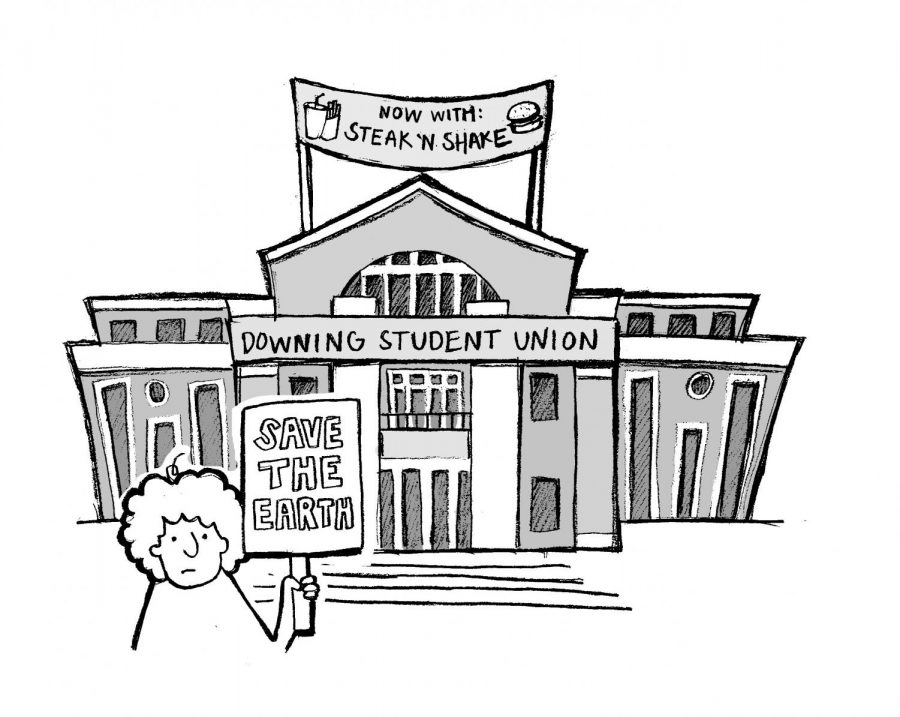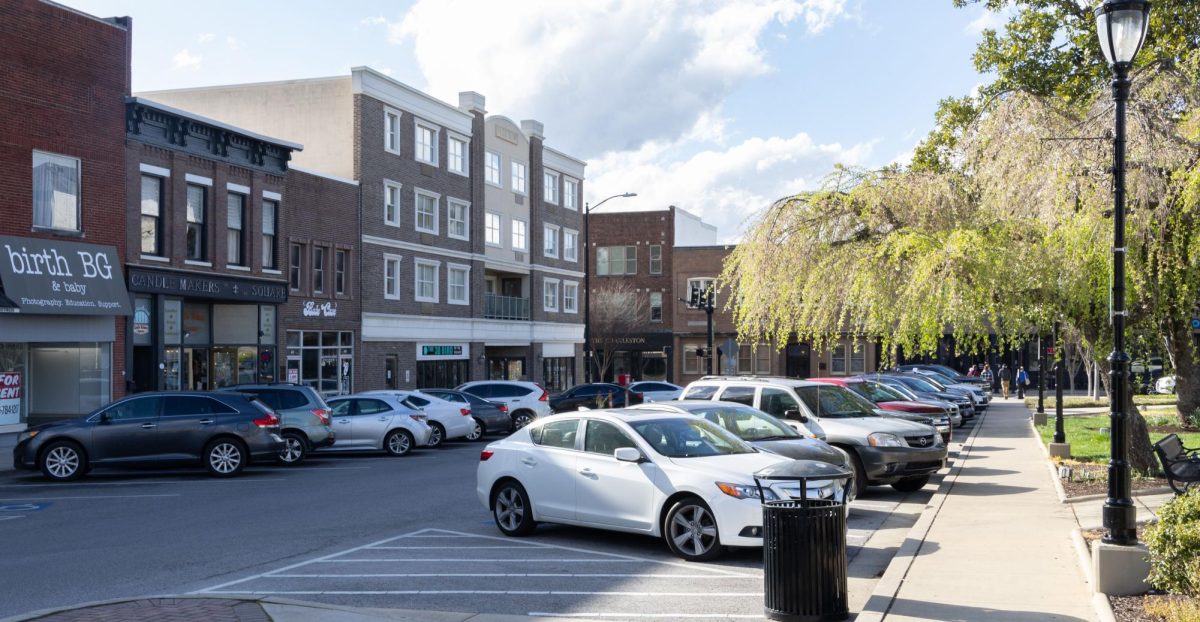Editorial: There’s more work to be done for campus sustainability
February 3, 2015
The issue: The planet is on the verge of a climate disaster, yet campus sustainability seems to be low on WKU’s priority totem pole.
Our stance: The Office of Sustainability cannot feasibly carry the weight of campus environmental consciousness on its own. It’s up to administrators to assist and begin making radical decisions to help sustain our environment.
On Jan. 21, Republican Sen. James Inhofe of Oklahoma officially accepted the position as chairman of the U.S. Senate’s Environment Committee. This is a man who believes that climate, “having always changed and always will,” cannot be changed by human actions.
Basing his argument on the existence of climate change through archaeological, biblical and historical evidence, Sen. Inhofe is blind to his position as a climate change denier sorely in need of a Climate 101 crash course.
The fact that one of the top voices in the country is woefully uneducated on the actual status of climate change seems to clash with President Barack Obama’s vision for the country. At the United Nations Climate Summit in New York City last year, President Obama reaffirmed his 2009 promise of reducing the country’s carbon emissions by roughly 17 percent by 2020.
However, this success depends on how the rest of the nation contributes to protecting our environment. With an increasing number of studies proving the alarming state of our climate, every individual is accountable for their own ecological footprint. There is neither time nor room to continue pacifying those who deny the current climate situation.
WKU’s Office of Sustainability, created in 2008, has worked tirelessly to bring an array of programs that would integrate principles of sustainability into campus life. Student committees and organizations such as The Energy Conservation Task Force and GreenToppers have worked to initiate projects that contribute to energy conservation goals.
With budget limitations, there’s only so much they can do.
Sustainability falls under the Division of Campus Services and Facilities and part of the university budget. Of the $30 million allocated for this particular expenditure summary, sustainability falls second to last with a minuscule $100,000 budget, only $40,000 more than what was allocated for the Alumni Square Garage. Conversely, $700,000 was set aside for Planning, Design & Construction, and a cool $200,000 for stockroom services.
It’s true that times are tough — they always have been. WKU seems to fight tooth and nail annually for a budgetary increase that never seems to materialize. However, it’s appalling that more money is being spent on construction than conservation.
With the amount of carbon emissions released by the construction vehicles this campus has seen in recent years, it’s only reasonable to try to reach some form of equilibrium. While cuts, consolidations and reallocations of funds are necessary, we call on WKU to work diligently toward sustaining our campus.
For clarity, there’s not a single entity on campus that doesn’t arguably deserve a part of the university budget. And it is not as if WKU doesn’t take tremendous strides toward a better enviornment in comparison to other universities. It’s obvious that President Ransdell cares about conservation. Though in the current state of affairs, it’s difficult to see how sustainability is only worth a measly $100,000 out of our almost $400 million budget. Both our campus and our planet deserve more financial attention, and it’s time for both students and administrators to make sacrifices in order to ensure a better environmental future.























